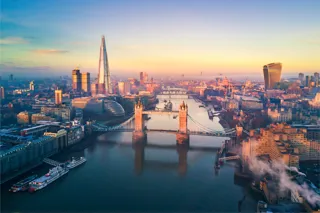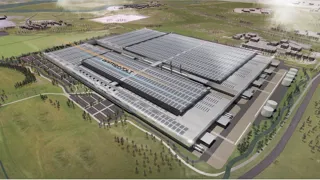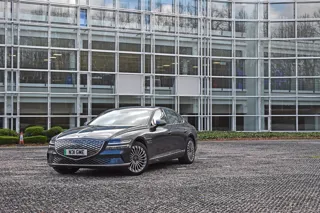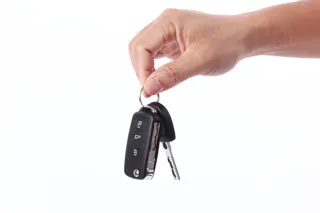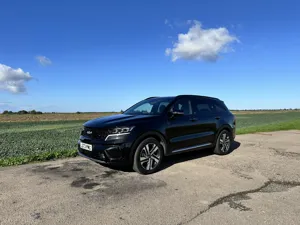VW ID 7 Tourer: prices, specs and range
Volkswagen has confirmed pricing for the new ID 7 Tourer, which is available to order from 18 April.
Car News
16 Apr
Features and analysis

Mercedes-Benz Vans targets ‘natural growth’ and ‘long-term partnerships’
Mercedes-Benz Vans UK sales dipped last year but head of fleet Calum James is bullish about 2024 with the launch of more electric models
Electric Fleet
Events
Car, van and truck reviews
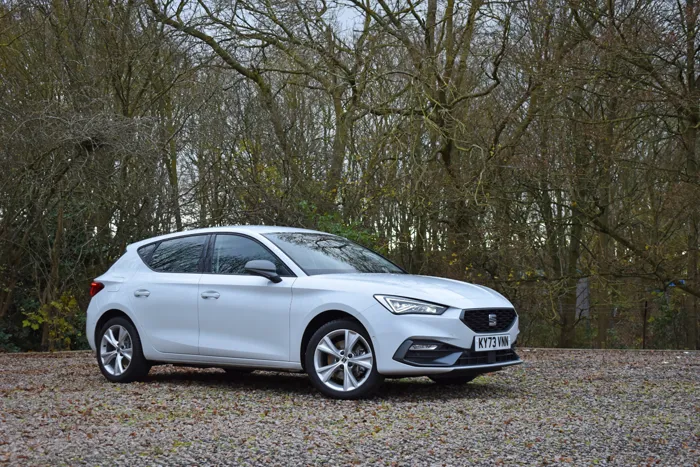
Seat Leon FR eHybrid long-term test | Mpg and range
Over the last few months we’ve been tracking the car’s fuel consumption and electric range to understand its capability in the real-world.
car reviews
16 Apr






